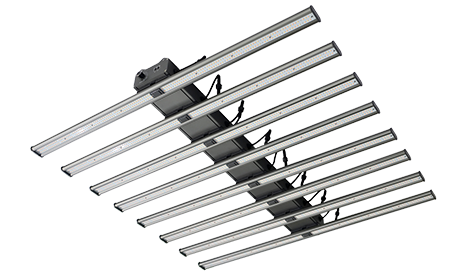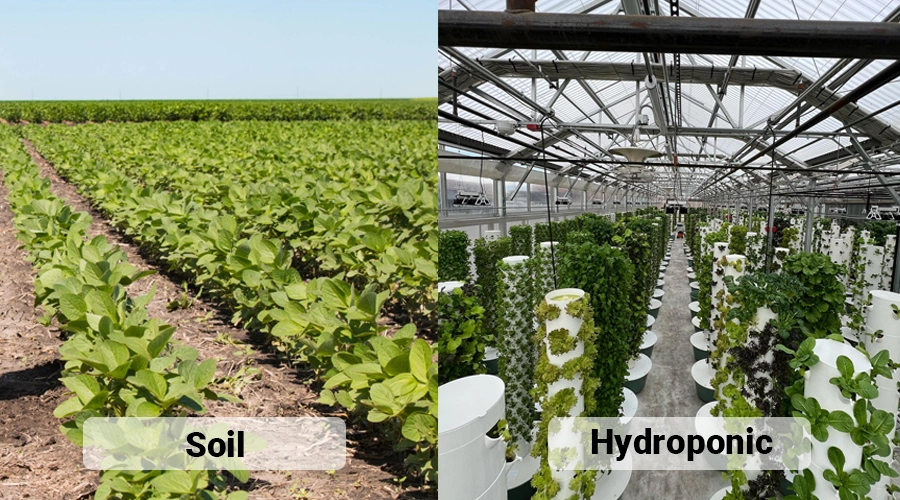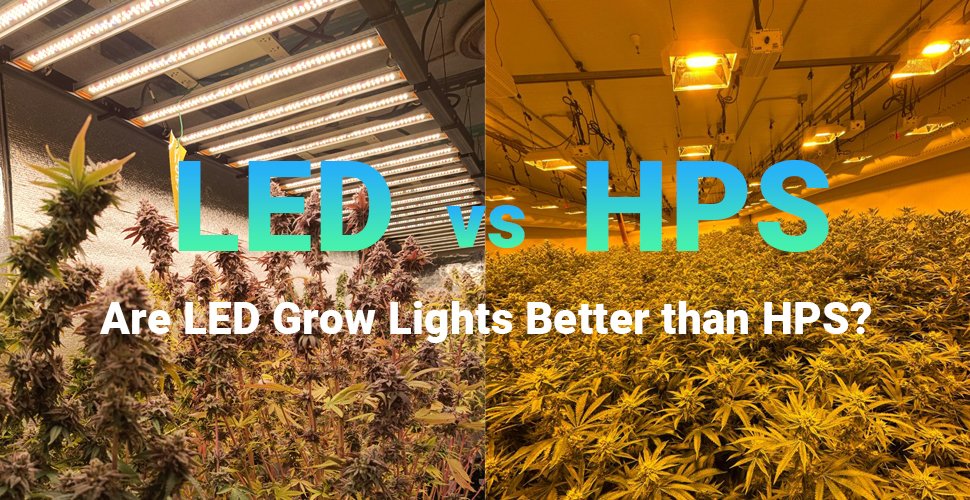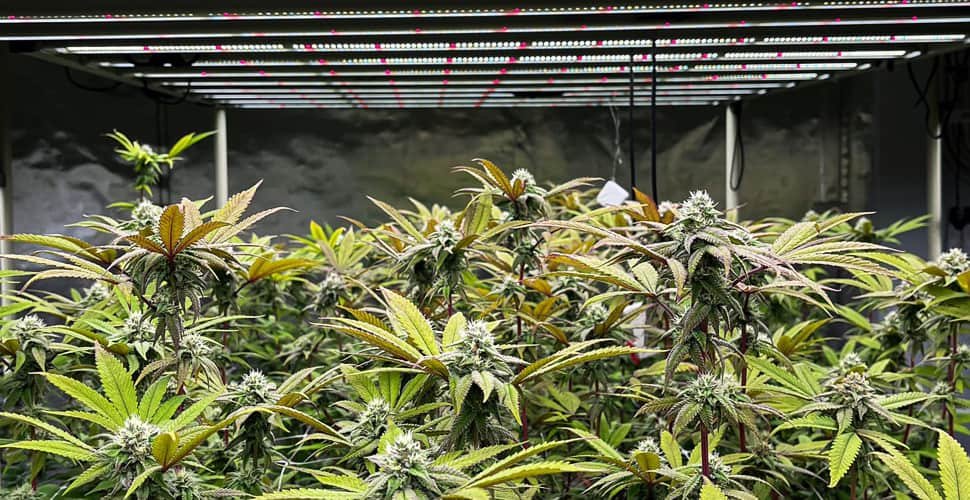Did you ever see growing vegetables in water? Using the current cutting-edge and most sophisticated vegetable cultivation science and technology, humans have cultivated vegetables grown in water – hydroponic vegetable. So, which of the two is better than the traditional soil-farming vegetables?
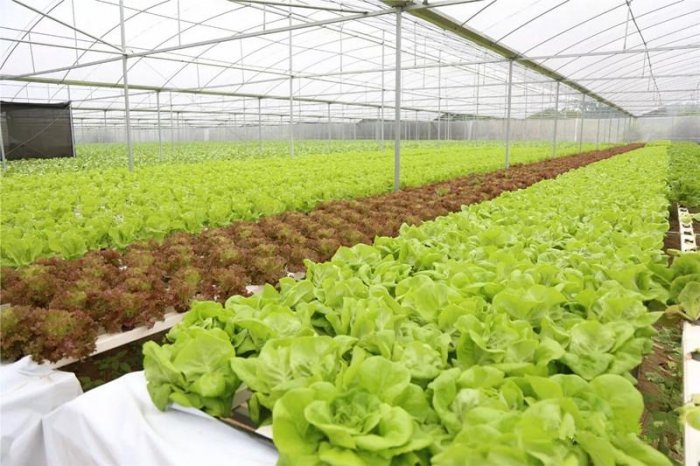
Nutritional value of hydroponic vegetable
The mineral nutrients in the nutrient solution are used to regulate the supply of nutrients according to different crops and different growth periods. Hydroponic vegetable has a higher yield and quality than soil ones. During growth, nutrients are supplied more fully and in a more timely manner than in soil cultivation. Hydroponic vegetables win!
Pesticide and hormone residues in hydroponic vegetable
Hydroponic vegetables are carried out in protective facilities(greenhouses), isolated from the outside world (including air and soil) pests and pathogenic bacteria to crop infestation. And the occurrence of pests and diseases is relatively mild, and even if it happens, it is easier to control.
You can apply less or no pesticide in the planting process, reducing the pollution of vegetable products and the surrounding environment by pesticides. Nutrient solutions provide a variety of nutrients for vegetable production without artificially promoting or limiting growth through the use of growth hormones. Hydroponic vegetables have distinct advantages over vegetables grown in soil ravaged by pesticides and hormones.
Pollution
With the hydroponic production technology, only the use of land space, and fundamentally isolated from the pollution of the soil, irrigation water pollution. Even on land with heavily contaminated soil, hydroponic technology can be used to produce pollution-free vegetables. Since the soil is isolated for planting, there is no problem with heavy metals and other pollutants contaminating the soil and water. Meanwhile, hydroponics has a high nutrient utilization rate. And the nutrient solution from the planted crops can be reused without secondary pollution to the environment.
Market supply and demand
Hydroponic vegetables produced in greenhouses are not affected by bad weather or less by inclement weather. Can be based on the needs of growers or the market, balanced production of vegetables throughout the year, so the general supply and prices are more stable. While soil cultivation production is subject to weather conditions, the market price of vegetable supply fluctuates greatly.
Environmental Protection
The average utilization rate of fertilizers applied in traditional soil cultivation is only about 50%. Hydroponics, on the other hand, supplies nutrients in the form of nutrient solutions according to different crop varieties and different fertility periods. All the nutrients are water-soluble, and the hydroponic nutrient solution has a recycling function, about 90% to 95% can be absorbed and used by the crop. The utilization rate of nutrients is very high. Water consumption of hydroponic crops is only about 1/5~1/10 of that of soil cultivation, especially suitable for use in arid and water-deficient places.
Is there any best hydroponic system for slightly better hydroponic vegetables? Come to us, we are the best hydroponic system wholesaler and we can provide it for you. We do our best to achieve the world’s green food safety, while at the same time, providing you with the best hydroponic equipment to grow high-quality hydroponic vegetables. Eat healthily, and eat at ease.
Jayes
Als Digital Marketing Manager bij AUXGROW combineert Jayes een passie voor hydrocultuursystemen en expertise in LED-groeilampen. Met praktijkervaring en diepgaand inzicht begeleidt Jayes u door de wereld van duurzame teelt.


